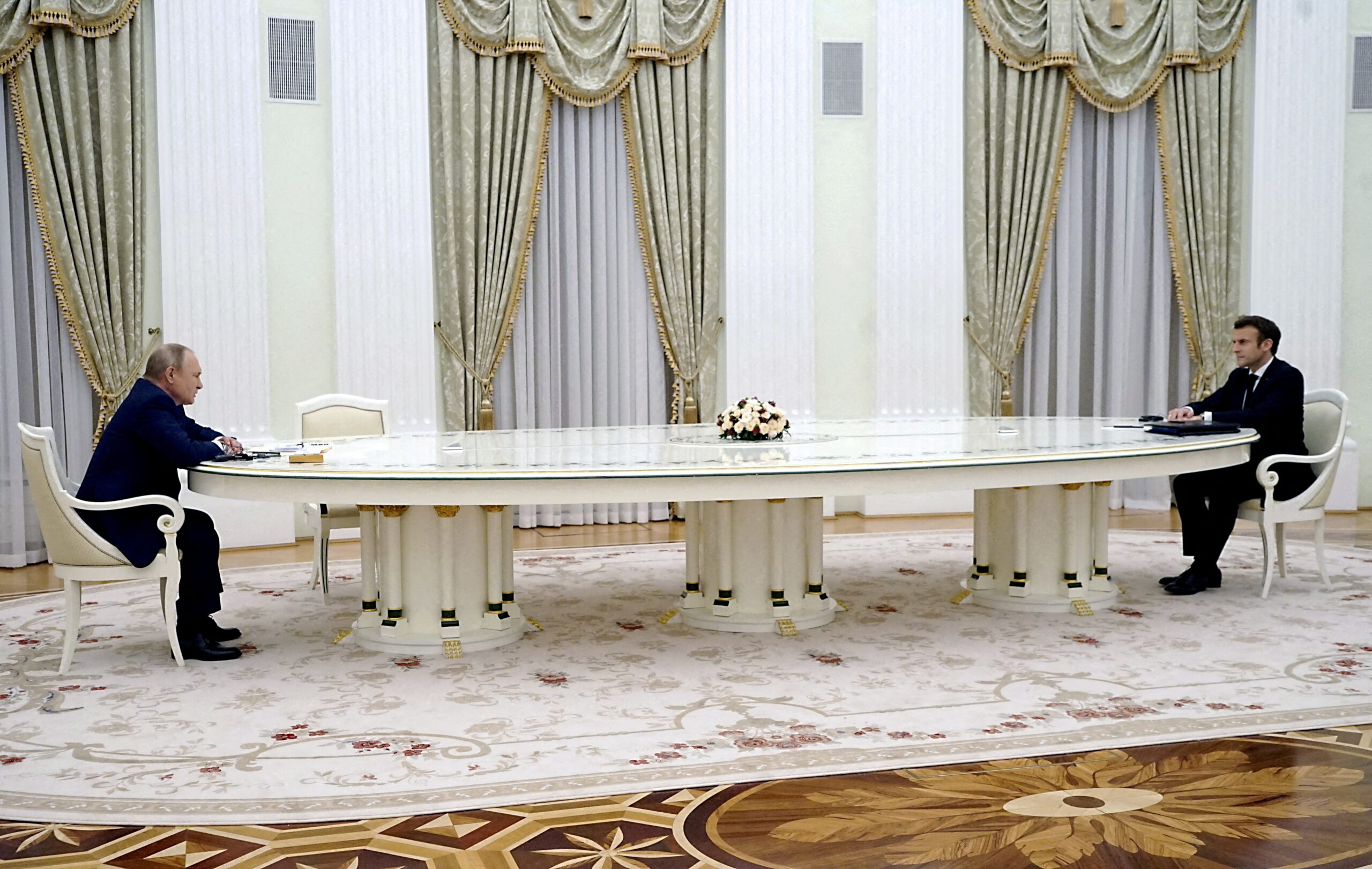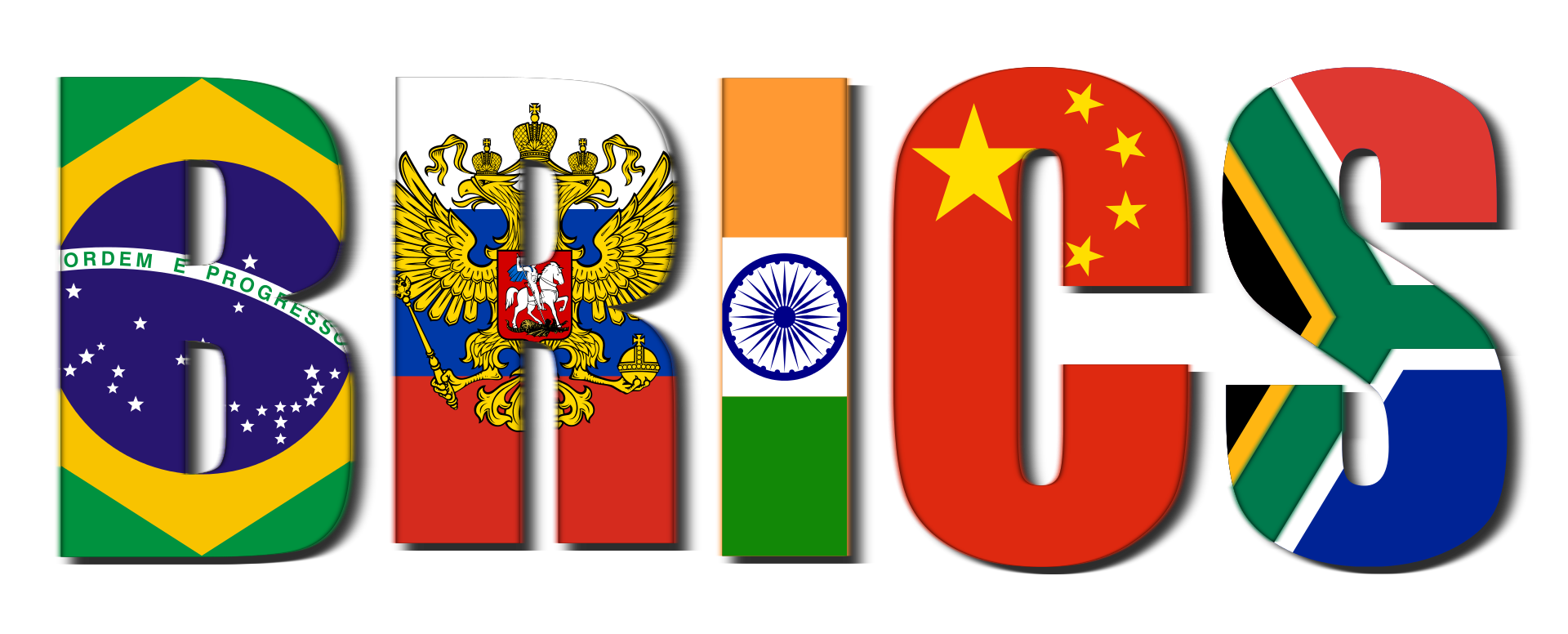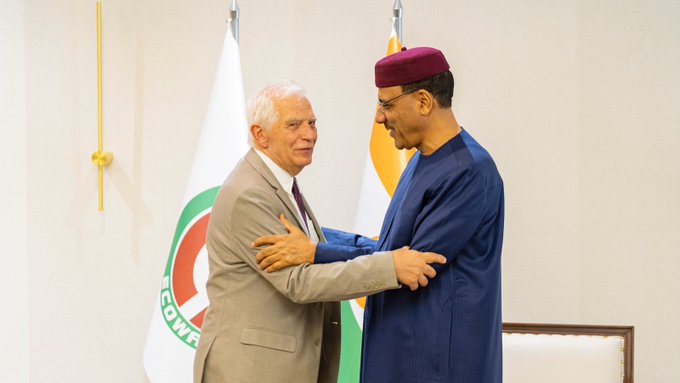Recent expulsions of French military forces from several African nations, including Ivory Coast, Chad, and Niger, underscore a growing shift in the region’s geopolitical dynamics, fueled by Russian disinformation campaigns, according to analysts.
Analysts believe that the Kremlin has been a key driver of the anti-French sentiment, using digital platforms to manipulate public opinion across Africa. Disinformation campaigns, often propagated by Russian-backed influencers and media outlets, target Africa’s historical grievances with Western powers, particularly France. These efforts have successfully framed France’s military presence in the Sahel as colonial exploitation, coinciding with a wave of expulsions from countries such as Mali, Burkina Faso, and Chad, all of which have increasingly turned to Russia for support. Russia’s mercenary group, Wagner, has played a significant role in providing security assistance in these nations, despite accusations of human rights abuses.
The disinformation campaigns leverage a mix of truth and falsehoods, using local influencers to spread tailored messages in regional languages, experts say. This strategy helps amplify Russia’s narrative while undermining Western influence. The US-based Africa Center for Strategic and International Studies notes that Russia has expanded its disinformation activities, significantly increasing its presence in the media and online spaces of African countries. According to its report published in March 2024, 80 out of almost 200 campaigns could be attributed to Russia as a state actor — far more than other countries such as China, the United Arab Emirates, Saudi Arabia or Qatar. As Russian-backed media outlets, like the “African Initiative,” gain traction in the region, Moscow aims to replace Western powers as Africa’s primary partner, exploiting existing anti-imperialist sentiments to destabilize the Sahel. While some view Russia as a more reliable ally, concerns remain about the long-term impact of these disinformation campaigns on regional stability and sovereignty.



